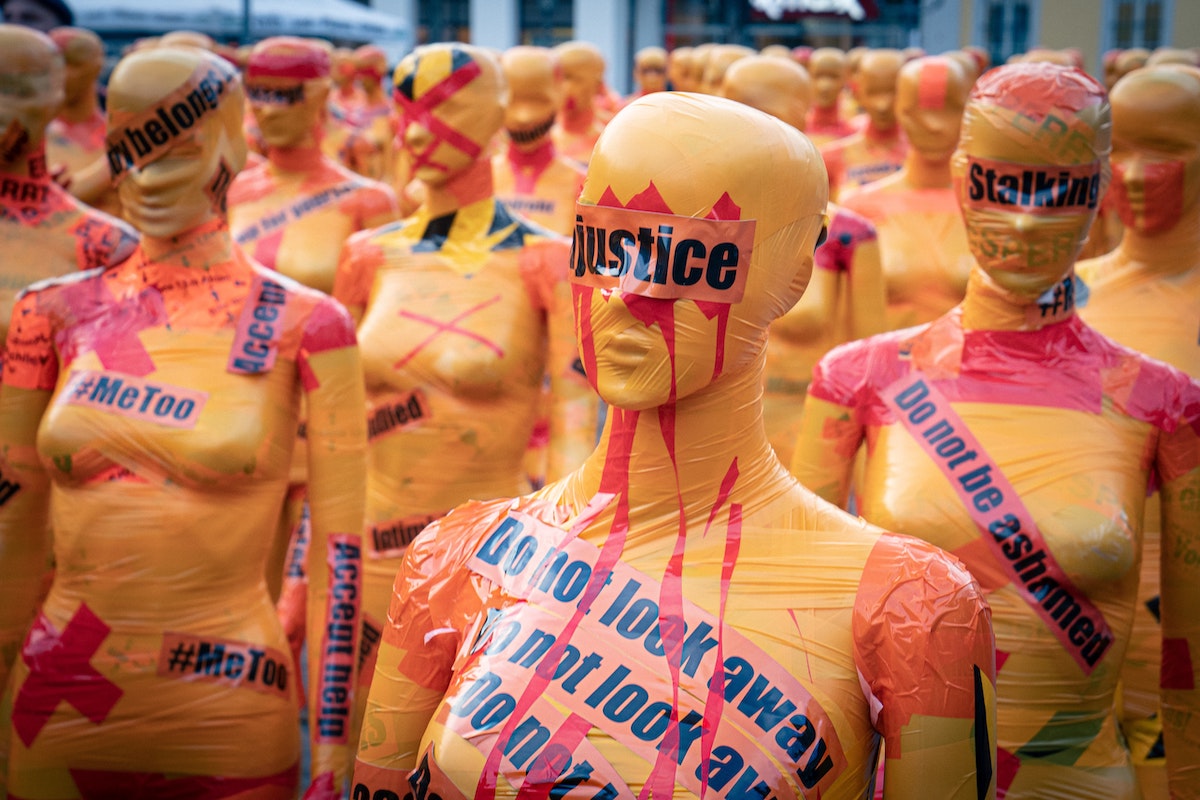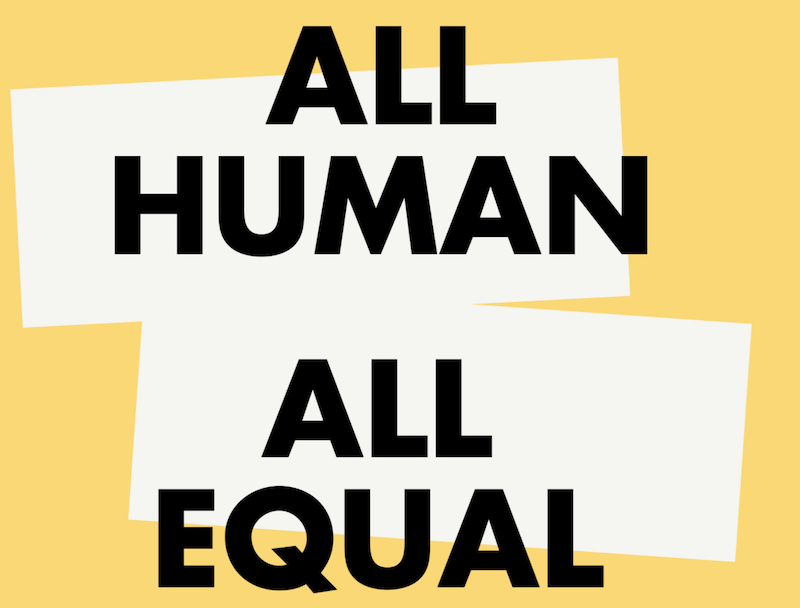
UNODC & FIFA Set to Focus on Sexual Abuse in Sport
December 10, 2021
In recognition of today's Human Rights Day and coming out of the 16 Days of Activism Against Gender-Based Violence, which began on November 25, we are pleased to see that agencies at the United Nations (UN) and FIFA have plans for a 2022 launch of a global investigative network to "tackle sexual abuse across all sports."
The effort was prompted by football sexual abuse allegations and scandals in Afghanistan and Haiti exposed in the last few years by The Guardian. In June 2019, former Afghan FA president, Keramuddin Karim, was banned for life by FIFA's ethics committee after he was found guilty of physically and sexually abusing several young female players from the national team. In Haiti, Yves Jean‑Bart, president of the Haiti FA, was banned for life in November 2020 by the ethics committee for sexually harassing and abusing female players, including minors.
The paper revealed that the details of the initiative were mentioned in a report commissioned by FIFA and the UN Office on Drugs and Crime in response to the “challenging learnings of complex, devastating and serious external abusers in Afghanistan and Haiti football.” The network is set to collaborate with local law enforcement to assist in bringing perpetrators to justice. The new body will provide “trusted and accessible reporting lines” to report abuse in sport and will have a network of investigators who will be linked to the local police and Interpol. Victims, witnesses and whistleblowers are also expected to receive support.
A spokesperson for FIFA told The Guardian that "the objective is to establish an independent, multi-sports, multi-agency, international entity to help sports judicial bodies investigate and appropriately manage cases of abuse using a survivor-centred approach.”

It should be noted, however, that Human Rights Watch (HRW) and FIFPRO have raised concerns about FIFA's involvement due to what Minky Worden of HRW - which took part in the consultation process - stated as a system "badly skewed against survivors" following its handling of the Afghanistan and Haiti cases. FIFPRO noted that "football players do not report abuse because the reporting mechanisms in the game are too closely linked with power structures that enable abuse."
According to the UN, violence against women and girls is one of the most prevalent human rights violations in the world, as it knows no social, economic or national boundaries. Around one in three women will experience physical or sexual abuse in her lifetime. The implications of sexual abuse are wide, including resulting reproductive health consequences such as forced and unwanted pregnancies, sexually transmitted diseases and serious mental health impacts.
During this year’s Beyond Sport United, Mary Harvey, CEO of the Centre for Sport and Human Rights spoke on what sport needs to do to protect human rights. She emphasized that sport can only achieve its true potential if it is harm free for those who participate and are impacted by it. Only then, she stated, "can sport deliver on the promise of respecting human rights."
“These guideposts can ensure preparation for correct human rights procedures. The first is to make sure you have the right regulations in place, making sure people can safely report when something happens. The next step is representation, ensuring that those who’ve been harmed have an awareness of what their rights are and a voice. Finally, resolution-making sure there is an effective human rights compliant resolution.”
The latest report says possible locations for the new body could be the Netherlands, France, Nairobi, the Middle East or Singapore. However, the preference seems to be towards Switzerland, "the headquarters of 45 International Sports Federations (IFs) including FIFA, as well as the International Olympic Committee, United Nations agencies and numerous humanitarian organisations.”
Sources: The Guardian & The Week